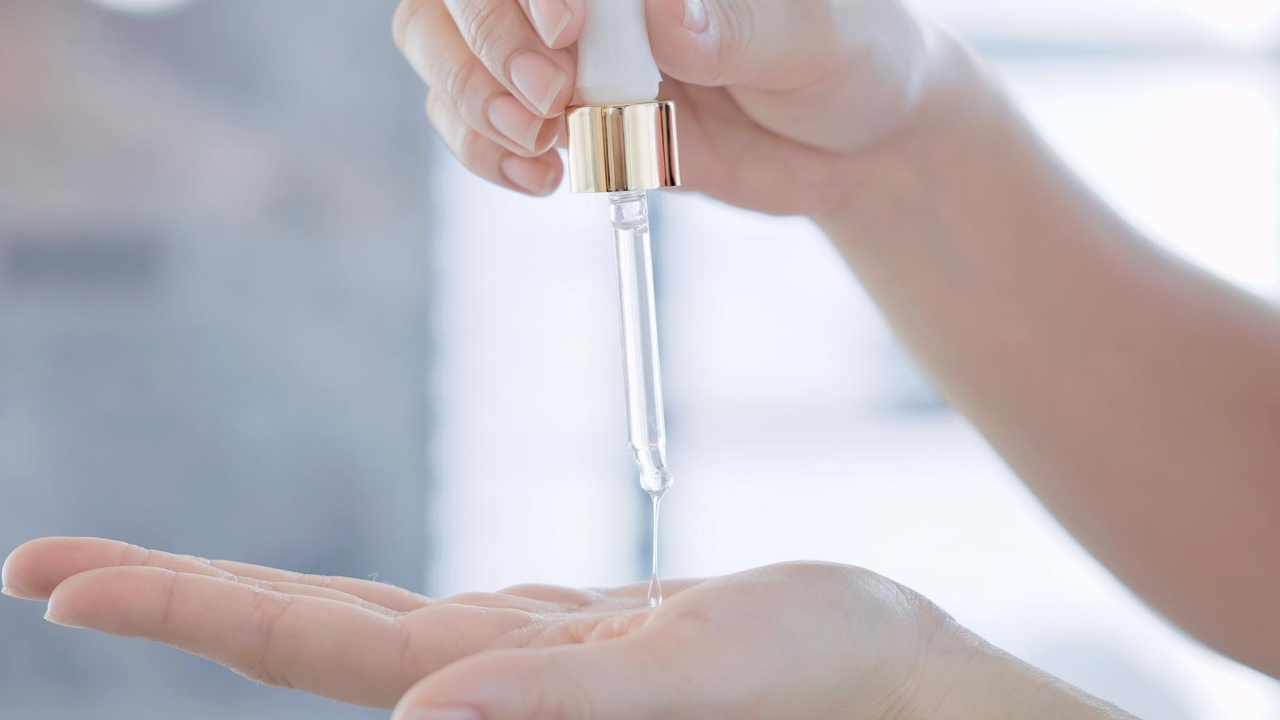


Sun damage is a serious concern for many people, and for good reason. Exposure to the sun’s harmful UV rays can cause a wide range of problems, from premature aging to skin cancer. Fortunately, a variety of skin care products can help protect your skin from the damaging effects of the sun.
The most crucial product for sun protection is sunscreen. Sunscreens come in various formulations, including creams, lotions, sprays, and sticks. They work by absorbing or reflecting UV rays and are available in a range of SPF (sun protection factor) levels. We’ll take a look at how sunscreen works to protect you, and we will also look at other skin care products which you will find helpful for skin protection.
How do sunscreens work?
Sunscreens protect us from the damaging rays radiating from the sun. Two types of solar energy can cause damage to humans. UVB and UVA radiation. UVB rays are the ones that cause your skin to burn. This is why sun protection factors were studied and added to sunscreens. The Food and Drug Administration (FDA) explains how SPF is a measure of how much solar energy is required to produce a sunburn on protected skin (i.e. skin using sunscreen) versus unprotected skin. Later it was found that UVA rays can age the skin and cause skin cancer. Nowadays, you can find sunscreens that protect you against both UV rays, called broad-spectrum sunscreens.
There are two types of sunscreens that work in different ways. Physical sunscreens, also called mineral sunscreens, mostly contain zinc oxide or titanium dioxide. These act like a shield to deflect the sun’s rays away from your skin. Chemical sunscreens are called absorbers because they work by absorbing the radiation from the sun through a chemical reaction. These sunscreens contain organic (carbon-based) ingredients such as oxybenzone, octinoxate, avobenzone, and octisalate.
What type of sunscreen should I be looking for?
Both physical and chemical sunscreens work well. However, you want to ensure the label states that they block both UVA and UVB radiation. These are called broad-spectrum sunscreens, and while all physical blockers do this, you want to double-check with a chemical sunscreen. In addition, we also recommend that you use sunscreen with an SPF of 30 or higher. At Vitalogy Skincare, we always tell our patients that the best type of sunscreen is the one you will use.
Let’s check out the various formulations and their benefits.
Besides looking for a broad-spectrum sunscreen, check the expiration date on the product before you use it. Sunscreen can lose its effectiveness over time.
Five Tips for Applying Sunscreen
The American Academy of Dermatology has a great video about applying sunscreen here. We’re giving you our top five tips that will ensure you are protected every day:
Other Skin Care Products that Help Protect Your Skin
While any sunscreen can be used on the face, opting for one specifically formulated for facial skin might be more advantageous. This is because the face’s skin tends to be more sensitive, and some heavier sunscreens can clog pores and cause other issues. Fortunately, there are many skin care products available that are helpful, including moisturizers with built-in SPF protection. The Skin Cancer Foundation emphasizes the importance of daily application, regardless of the weather conditions and even if you’re not spending the whole day outside. Tinted moisturizers with SPF can simplify your skin care routine, while tinted sunscreens with iron oxide can help prevent hyperpigmentation. Additionally, powder sunscreens are convenient for reapplication throughout the day and can double as a setting powder. If you are in the habit of using a setting spray, some come with SPF. These are great for added protection against UV rays or when you realize you forgot to apply sunscreen first. Lastly, you don’t want to forget about your lips. Use a lip balm that is moisturizing and has SPF protection.
Are There Sunscreen Recommendations for Various Skin Concerns
Acne-prone skin does better with gel formulations because they are not occlusive and typically will not clog pores. You can also buy sunscreens from many manufacturers specifically made for people with acne-prone skin.
Aging skin does well with sunscreens that contain iron oxide. These block visible light which helps protect the skin from photoaging, and it also helps prevent hyperpigmentation. The sun speeds up aging by breaking down collagen, so it’s a good idea to use sunscreen daily regardless of the weather or season. Even on cloudy days, 80% of the radiation from the sun comes through.
Eczema does well with cream formulations because they hydrate the skin better by locking in moisture, especially if you apply it after your bath or shower. The thicker the cream, the better it is at locking in water.
Sensitive skin should stick to physical blockers because they are less likely to cause an allergic reaction. One of our highest priorities at Vitalogy Skincare is preventing and treating skin cancers. Our highly qualified, expert Dermatology Providers care deeply about the health of their patients. If you have any questions or concerns about the use of sunscreens and skin cancer, reach out and schedule an appointment. We are available at any of our locations in Bastrop, Burnet, Cedar Park, Georgetown, Harker Heights, Marble Falls, and San Marcos.